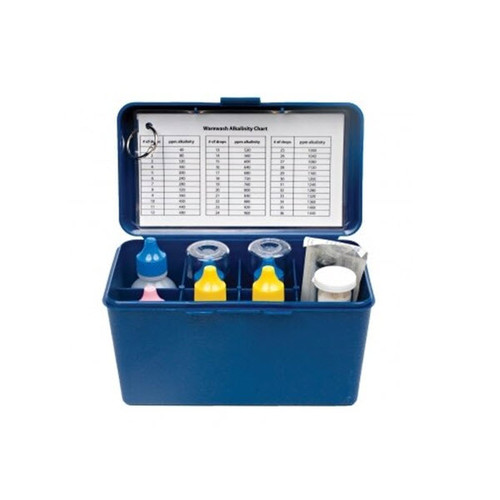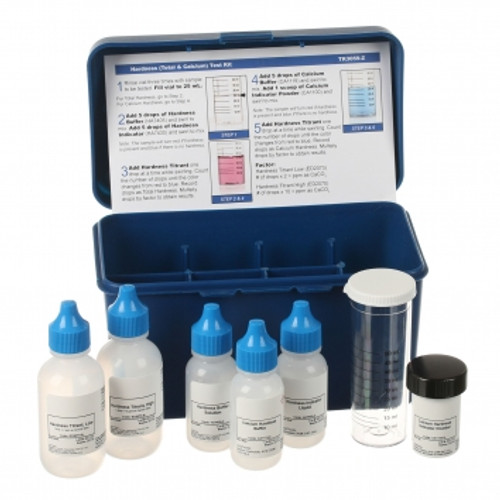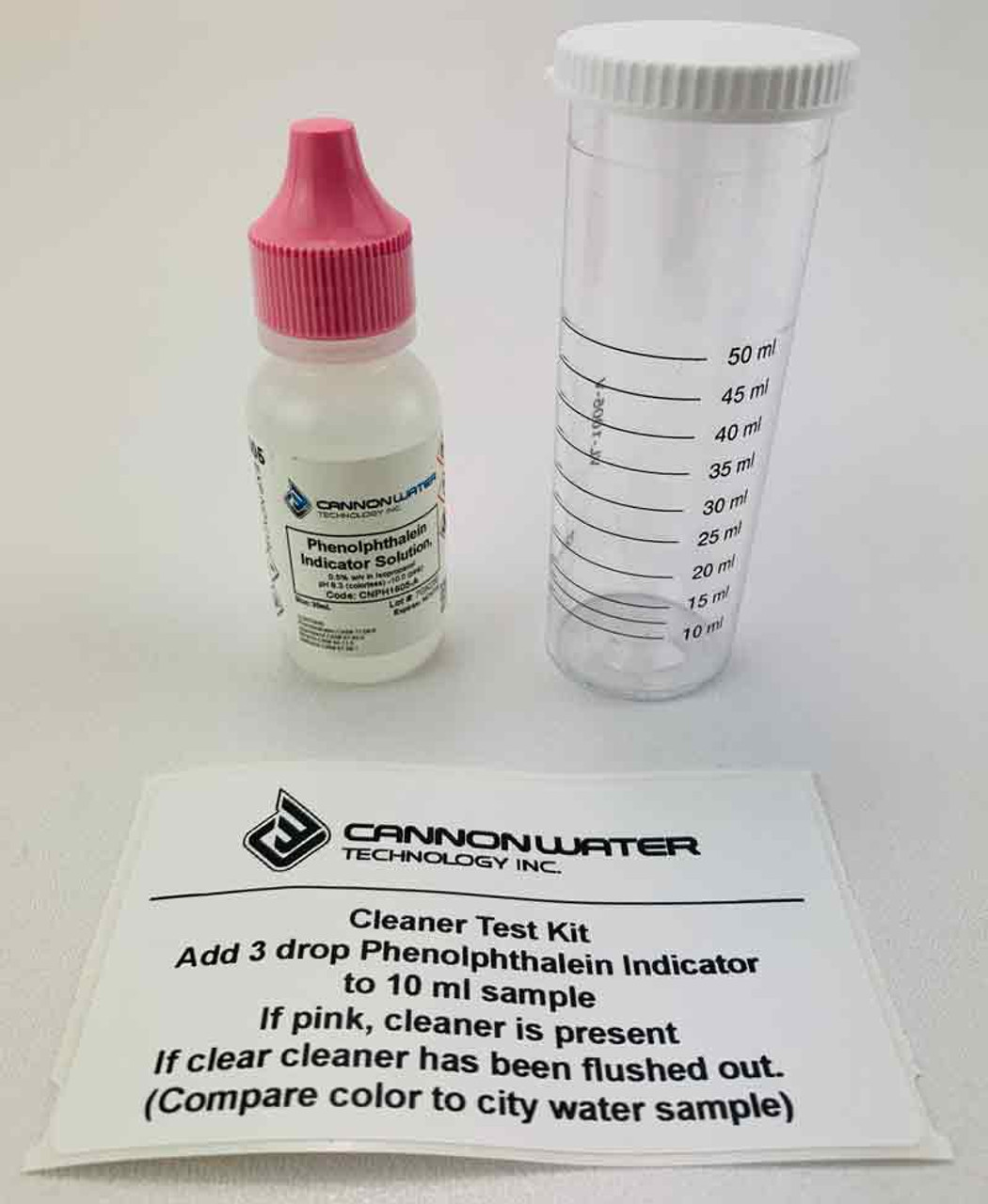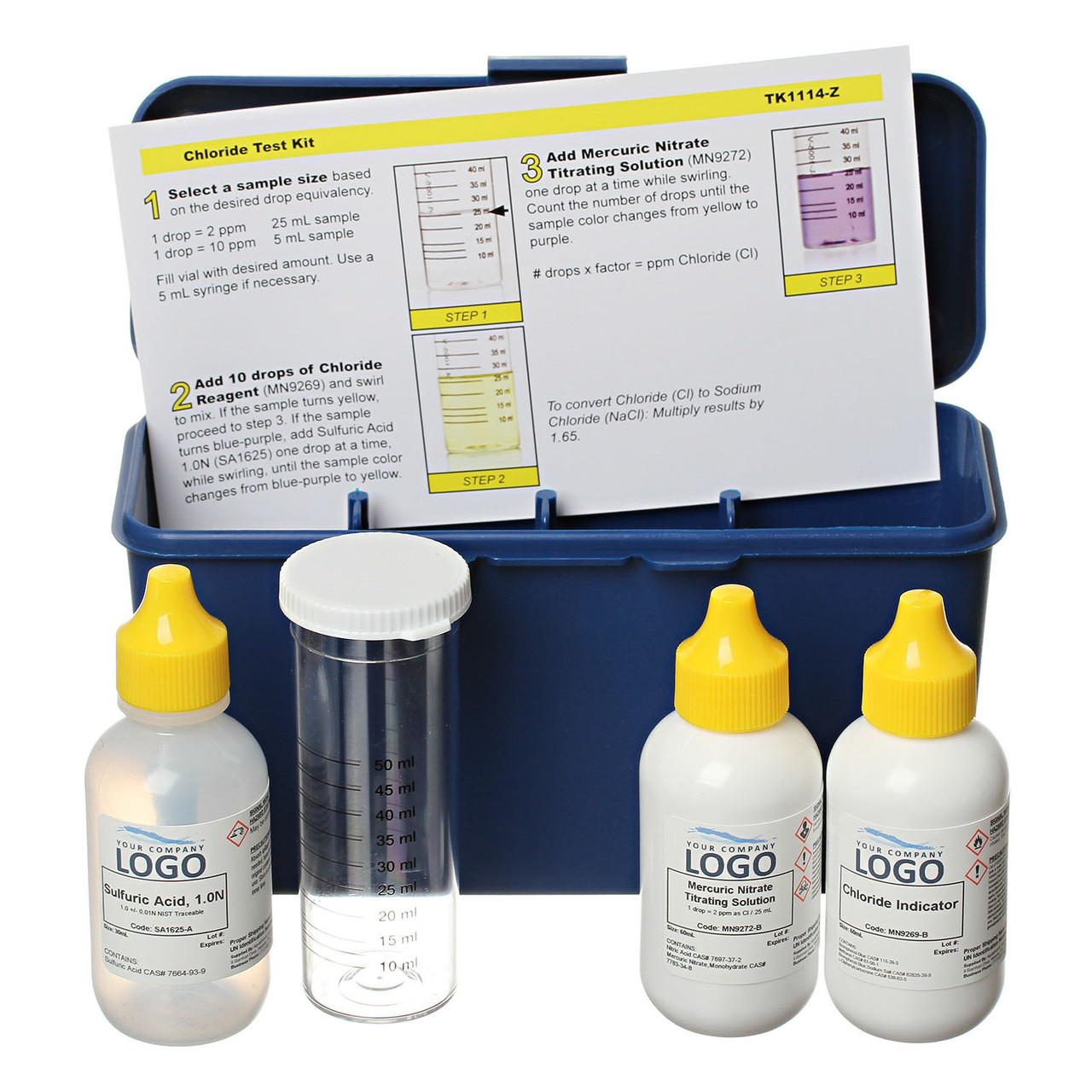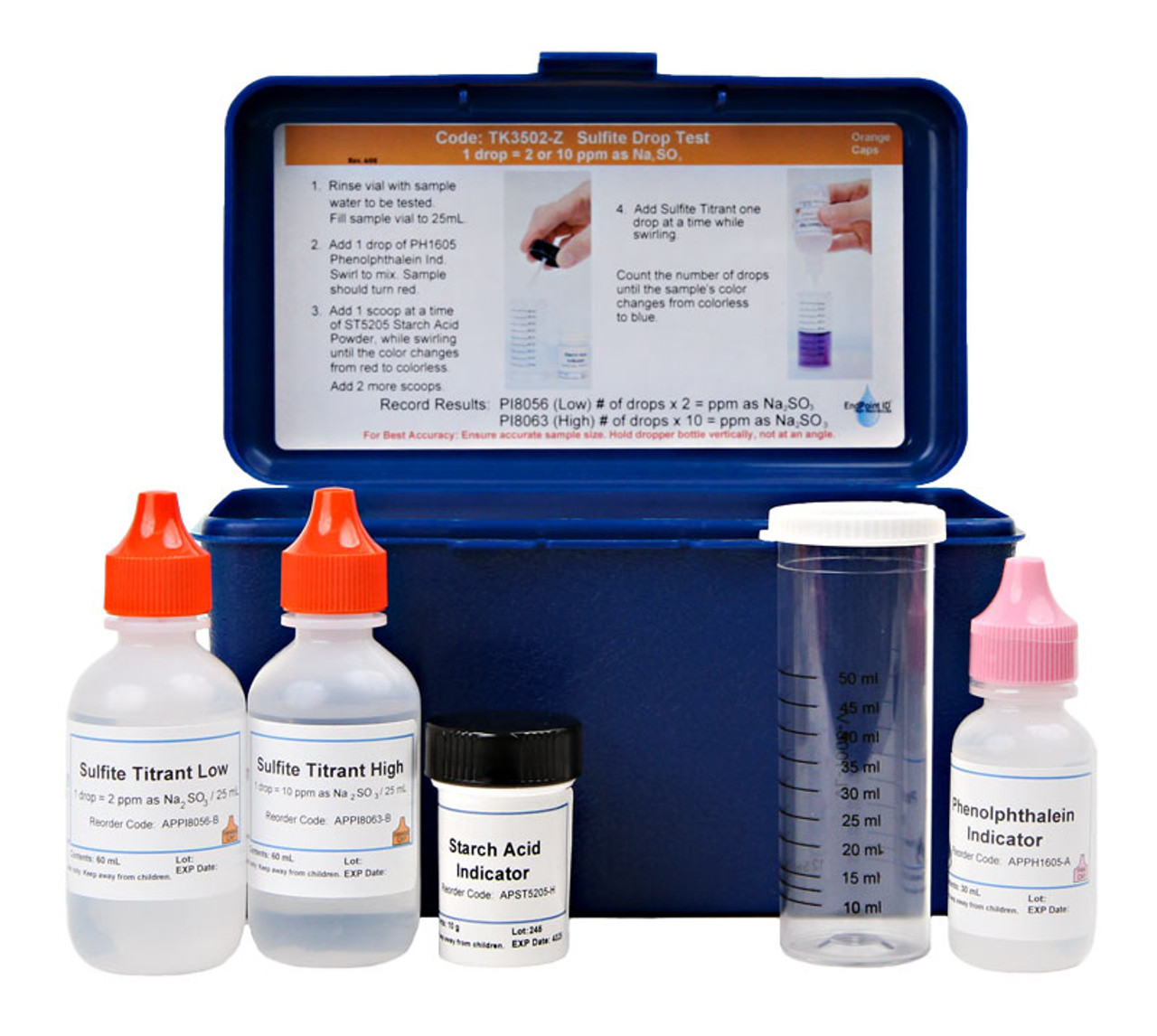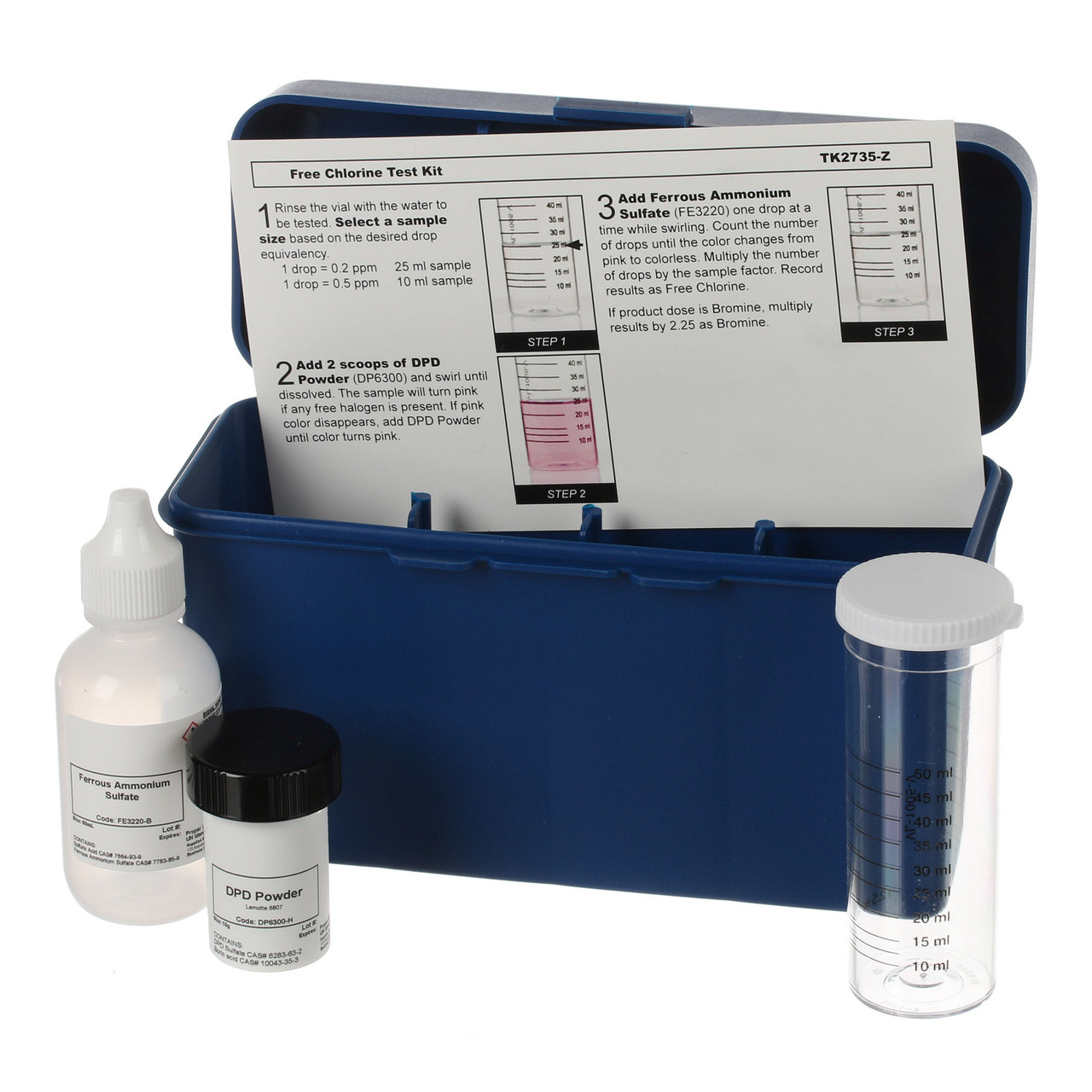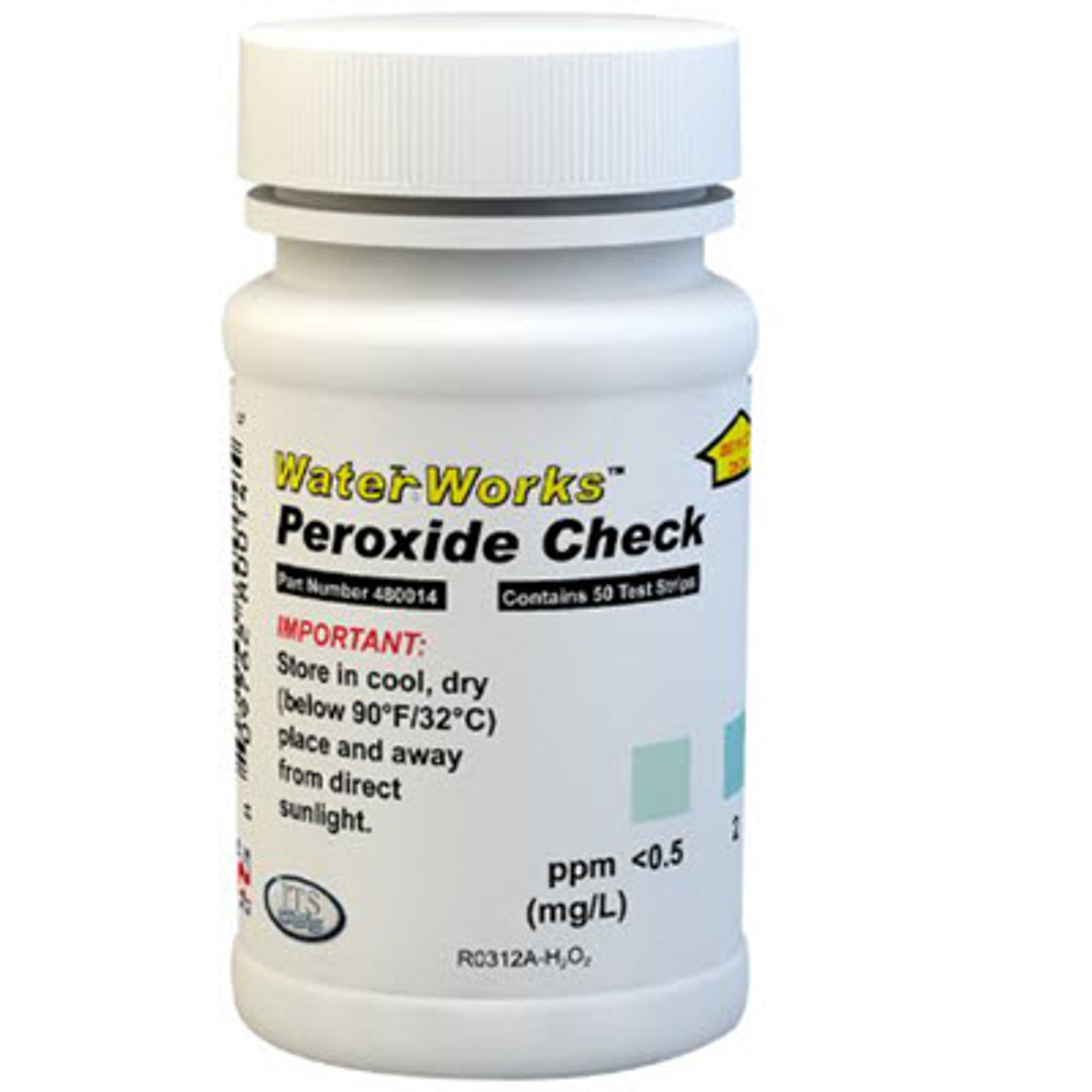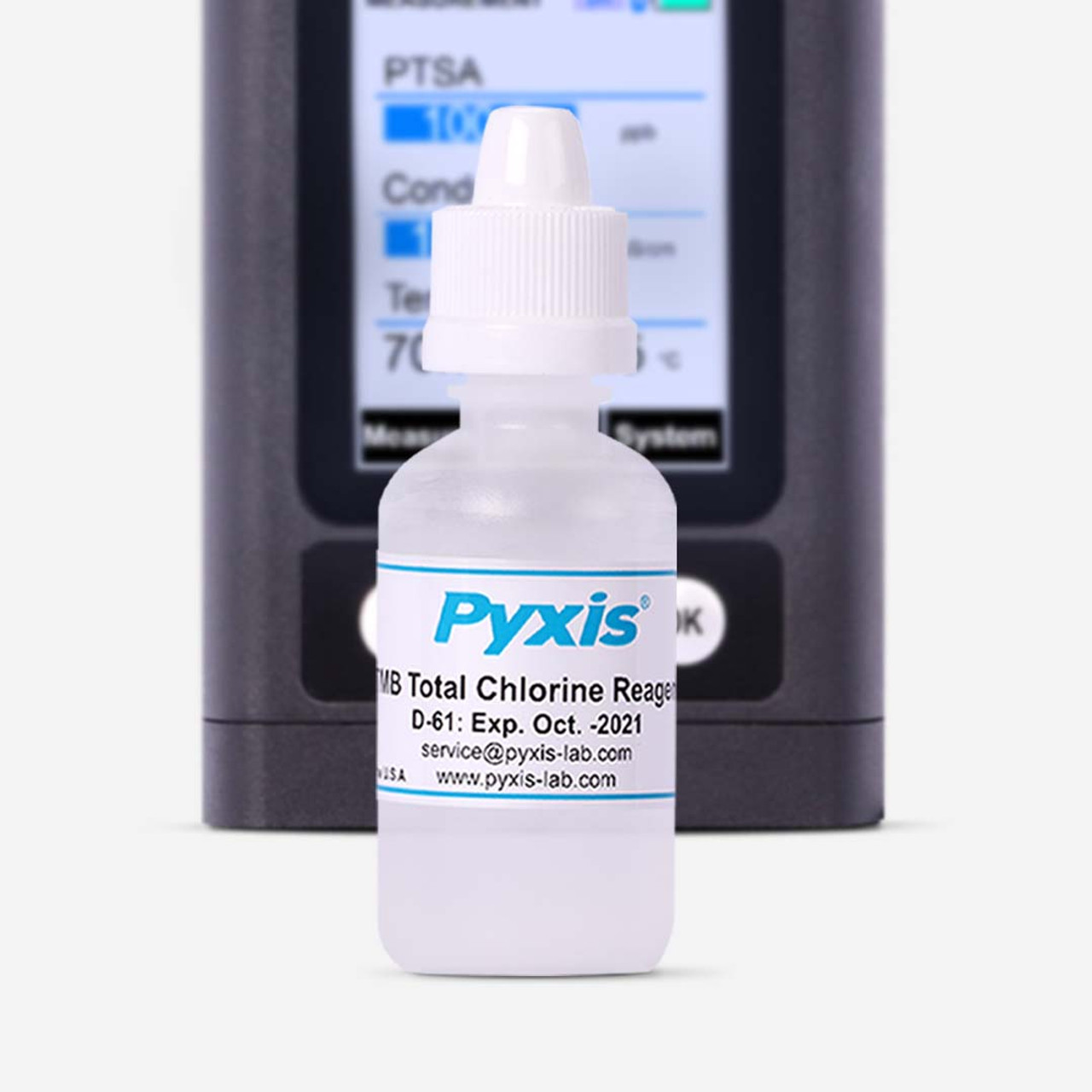Know About Water Quality Testing Equipment and Their Uses
Posted by David Cannon on 22nd Jan 2020
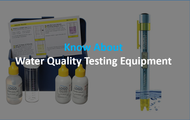
Access to clean water is an important requirement for our daily uses and environmental safety. This water is drawn from various liquid streams such as groundwater, rivers, lakes, boiler feedwater, recirculated cooling streams, process effluents, and condensate. How to ensure the cleanliness of water? This question can be answered only if one knows the contaminants or quality of the available water. Although visual inspection is one of the essential types of water quality analysis, it is not sufficient. You may need water quality test equipment to know the composition of water under consideration. There are several equipment available in the market, and each has a different purpose. This post will give you a brief idea of these various equipment and their efficiencies.
Water Quality Testing Equipment – What is the Best One for Your Application?
Primarily, water quality analysis is performed to know the purity of water, however, it can also be performed due to various reasons. These reasons may vary from identifying the changes in water quality to the role of different constituents in affecting water quality to design efficient water pollution prevention methods and meeting the requirements of stringent regulations and controls restricting the water pollution.
Today, various types of water quality testing equipment are used to test water for biological and chemical contaminants. They also help identify different variables such as rate of movement, pH value, total dissolved solvents (TDS), oxygen, nitrogen, conductivity, turbidity, and so on. These equipment can be used to test a variety of conditions in water. The following are a few popular ones among them:
- Chemical Test Kits: As the name suggests, these test kits comprise chemical reagents, which are useful for measuring different compounds in water. Although their composition may vary across brands, these water quality testing equipment are offered as one complete kit. There will be all test equipment required to perform the test. The kit also features a step-by-step instructions list, which guides a user to the set of tasks to be performed. Many test kits are offered in a box carrying case, which assures easy storage and portability. The chemical test kits are usually designed for conducting the following tests:
- Chloride
- Organophosphonate
- P/M/T alkalinity
- Sodium nitrite
- Sulfate
- Copper
- Hardness and Total Calcium
- Phosphate
- Silica
- Iron
There are two types of chemical test kits used for water quality checking and they are:
Colorimetric Test Kits: As the name suggests, these test kits help understand the concentration of the substance through specific colors. Often, dark colors are associated with high concentrations, and vice-versa.
Titrimetric Test Kits: The concentration of solids in a water sample is determined using titrimetric test kits. The sample is treated with a standard titrant, which serves as an indicator. This titrant is added until the color changes. The concentration of the compound in a water will depend on the amount of titrant used.
- Turbidimeters or Turbidity Meters: Turbidity is a variable that affects the clarity of water. At times, water loses its clarity due to several suspended particulates in it. When the concentration of suspended particulates increases, the water becomes murkier. Turbidity is an important measure of the quality of water. Turbidimeters or turbidity meters are designed to work by measuring the amount of light, which gets scattered at the right angle (90°) due to the presence of suspended solids. The scattering of light may vary depending on the particle size. This means, large particles may scatter light at small angles, whereas small particles scatter light at large angles.
- Portable pH Meters: In chemistry, pH is the concentration of ions of hydrogen present in water. This value shows the acidic or basic nature of water. Highly acidic water has lower pH value than alkaline water. A portable pH meter is ideal to measure the pH level of water in the 0-14 pH range. Most portable digital meters possess numeric displays; you need to simply turn them on and immerse into the solution to be tested. You can stir them gently until the pH reading stabilizes.
- Portable TDS Testers: TDS stands for total dissolved solids. They comprise various types of inorganic salts such as magnesium, calcium, sodium bicarbonates, potassium, sulfates, and chlorides. Compact-sized portable TDS meters feature numeric displays, and many of them can be used to measure TDS in water up to 9,990 ppm. Like portable pH meters, these TDS meters are easy to use. You can get the reading by immersing these testers in water directly.
- Pocket ORP Testers: ORP stands for oxidation reduction. It is a process, wherein an ion or a molecule gains or loses electrons. This is commonly observed in pool and spa, as well as residential or commercial water treatment applications, wherein an oxidizer chlorine is used to inhibit contamination. The sanitizing power of water increases with the high ORP value. Compact sized ORP testers are widely used for measuring the ORP of water up to 1000 mV. They can be used in similar way as portable pH meters and TDS testers.
- Calibration and Buffer Solutions: Conductivity standard solutions are used for factory calibration of pH, TDS, and ORP testers. These solutions must be used in recommended standards to ensure specified accuracy of instruments. The recalibration of many of these equipment will depend on their daily use. However, the recalibration of pH models is recommended in every one or two weeks using pH 7 buffer. They must be checked with pH 4 or 10 buffer, too.
After knowing the typical uses of each of these water quality testing equipment, you may get an idea of the type of equipment suited for your application. It is important that you source these equipment from a trusted source like Cannon Water Technology. The company provides a broad range of water quality testing equipment from industry-leading brands like Myron L.
|
|
Warewash Test Kit |
|
|
|
Hardness Test Kit |
|
|
|
Cleaner Test Kit |
|
|
|
Chloride Test Kit 1 Drop = 2 or 10 ppm as Cl |
|
|
|
Sulfite Test Kit |
|
|
|
Free Chlorine Test Kit |
|
|
|
WaterWorks Peroxide Check Test Strips |
|
|
|
Total Chlorine Dropper Kit |

